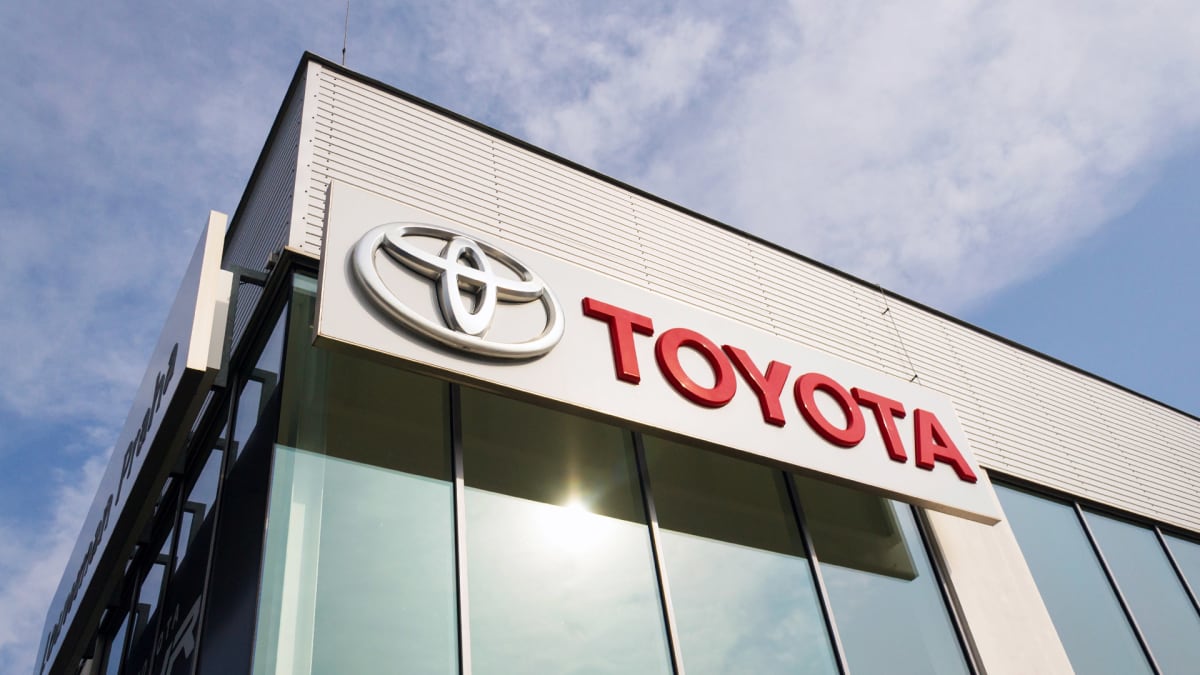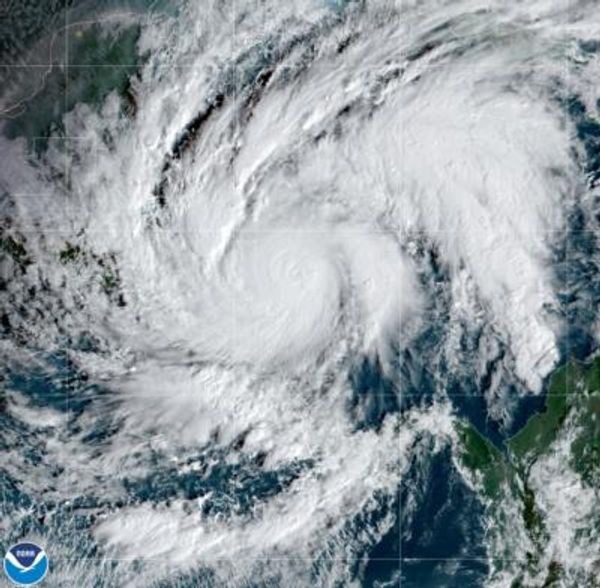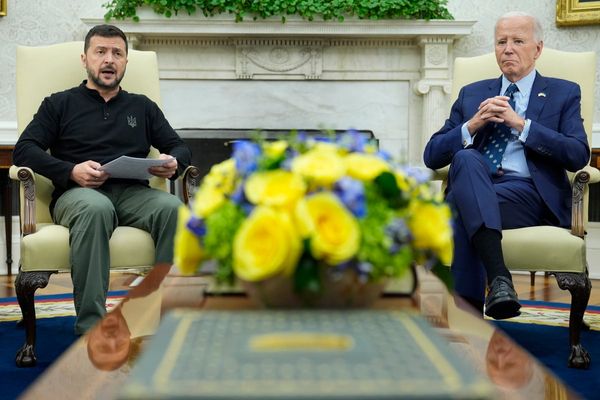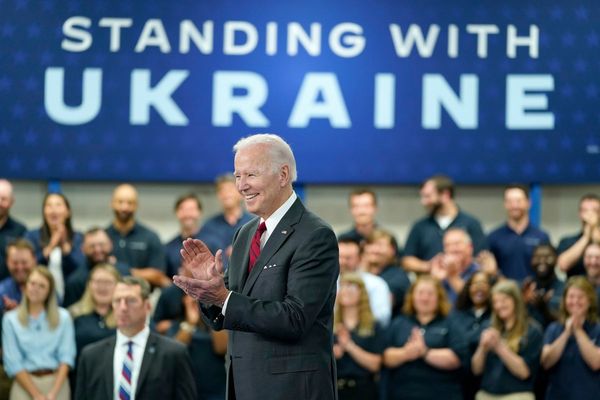
Toyota (TM) seems set to do an about-face.
In the face of the industrywide race toward electric vehicles, the Japanese automaker has boasted of its unique strategy.
For Toyota, the world's second largest automotive group based on market value behind Tesla (TSLA), a strategy combining gasoline vehicles and less-polluting ones is the recipe.
Instead of going full electric, the group has long favored hybrids, which have earned it consistent support from environmental activists. The Toyota Prius has been a model for environmentally conscious consumers.
Toyota has tried to go it alone on one strategy: hydrogen-fuel-cell cars. The Toyota Mirai is the only fuel-cell car on the market.
Electrified Cars vs. Electric Vehicles
In early October, Chief Executive Akio Toyoda confirmed that the vehicle manufacturer would unveil a lineup of electrified vehicles that run on liquid hydrogen and traditional rechargeable lithium-ion battery packs.
Toyota hopes to invest $70 billion in electrified vehicles, with half that figure in 100% electric vehicles. Unlike other manufacturers, the group's carbon-emissions-reduction strategy is not centered on battery electric vehicles,
Toyota plans to produce only 3.5 million electric vehicles by 2030, or only a third of its total vehicles. Tesla, the market leader, plans to produce 20 million electric vehicles a year by 2030.
By comparison, GM (GM) and Ford (F), two legacy automakers promise that electric vehicles will make up a majority of their sales in the coming years.
In 2019, Toyota unveiled e-TNGA, a platform that could be configured for various battery and electric-motor combinations. But the bZ4X, the very first 100% electric vehicle developed on this platform, was the subject of a recall shortly after the start of marketing.
The platform was another sign that Toyota favored hybrid vehicles, even as Greenpeace considered Toyota to be the slowest legacy automaker to make the transition to zero-emission vehicles.
But Toyota now appears to have heard the critics and is about to change its strategy to give EVs a big hand in decarbonizing its production lines.
Reboot of Electric-Vehicle Strategy at Toyota
According to Reuters, the firm is considering a reboot of its EV strategy to better compete.
It has halted some work on existing EV projects, such as the Toyota Compact Cruiser crossover and the battery-electric Crown.
"A working group within Toyota has been charged with outlining plans by early next year for improvements to its existing EV platform or for a new architecture," Reuters wrote, citing sources close to the matter.
Its conclusions are expected in early 2023.
The decision is said to be motivated by Toyota's recognition that consumers are adopting electric vehicles at a faster rate than it thought.
Global EV sales reached a record 6.3 million units in 2021, more than double the year-earlier figure, with this number expected to rise to 26.8 million units in 2030, according to S&P Global Platts Analytics.
"We have seen governments worldwide introduce legislation funding EV-charging-infrastructure expansion, increased domestic EV production capabilities and numerous countries set ICE sales phase-out targets or bans as early as 2025," said David Capati, low carbon transport analyst at Platts Analytics.
"Auto manufacturers across the world have also invested over a half-trillion dollars in increasing every facet of their EV capacities in the next decade," he added.
Toyota also may have figured that Tesla, for example, saw more savings in its factories than it did.
"In order to achieve carbon neutrality, it is essential not only to develop our own technologies, but also to collaborate with various partners and suppliers, including those in the automotive industry," Toyota said in an emailed statement.
"We are always actively discussing and working with key stakeholders on a variety of topics, but we have no details to share at this time regarding development projects beyond those we have already disclosed.”







